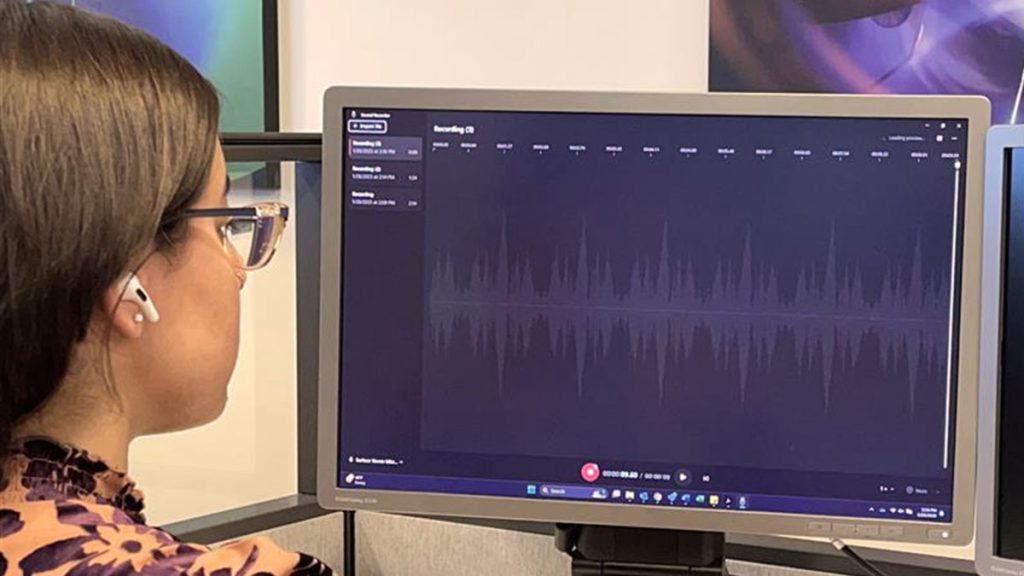Listening for Multiple Mental Health Disorders
From the Journal: JASA Express Letters

WASHINGTON, Feb. 4, 2025 – It’s no secret that there is a mental health crisis in the United States. As of 2021, 8.3% adults had major depressive disorder (MDD) and 19.1% had anxiety disorders (AD), and the COVID-19 pandemic exacerbated these statistics. Despite the high prevalence of AD/MDD, diagnosis and treatment rates remain low – 36.9% for AD and 61.0% for MDD – due to a variety of social, perceptual, and structural barriers. Automated screening tools can help.
In JASA Express Letters, published on behalf of the Acoustical Society of America by AIP Publishing, researchers developed machine learning tools that screen for comorbid AD/MDD using acoustic voice signals extracted from a one-minute verbal fluency test. The group comprises researchers from the University of Illinois Urbana-Champaign, University of Illinois College of Medicine Peoria, and Southern Illinois University School of Medicine.
“This research was inspired by the observation that individuals with anxiety disorders and major depressive disorder often face delays in diagnosis and treatment. The discovery of voice signals mirroring various psychiatric, neurological, upper-gastrointestinal, and other health conditions encouraged further investigation of AD/MDD,” said author Mary Pietrowicz.
AD, MDD, and comorbid AD/MDD have different acoustic signatures. Comorbid AD/MDD can be particularly challenging to identify, since the acoustic markers of AD and MDD often oppose one another.
“Much of the existing research overlooks these distinctions and fails to address the unique characteristics of comorbid AD/MDD,” said Pietrowicz.
Pietrowicz and her team spoke to female participants with and without comorbid AD/MDD. The participants were recorded using a secure telehealth platform and were given a semantic verbal fluency test, in which they were required to name as many animals as possible within a time limit.
The team extracted acoustic and phonemic features from the recordings of animal names and applied machine learning technique to distinguish subjects with and without comorbid AD/MDD. The results confirmed that a one-minute semantic VFT can be reliably used to screen for AD/MDD.
“The AD/MDD group tended to use simpler words, exhibited less variability in phonemic word length, and showed reduced levels of and variation in phonemic similarity,” Pietrowicz said.
While Pietrowicz eventually plans to study the underlying biological mechanisms associated with the results, she also wants to refine the model. Additionally, developing a diagnostic tool would require much more data across various populations and conditions.
“Our current focus is on expanding the scale, diversity, and modalities of the data while applying innovative analytic techniques to enhance model accuracy and deepen our understanding of the signals,” Pietrowicz said.
###
Article Title
Automated acoustic voice screening techniques for comorbid depression and anxiety disorders
Authors
Mary Pietrowicz, Kaci Cunningham, Dylan J. Thompson, Fiona Gruzmark, Alexis Reinders, Anna Ford, Sonia Pulido, Carmen Calhoun, Milon Hutchinson, Victor Javier Medina, Ryan Finkenbine, and Sarah E. Donohue
Author Affiliations
University of Illinois, Southern Illinois University School of Medicine, University of California San Diego
